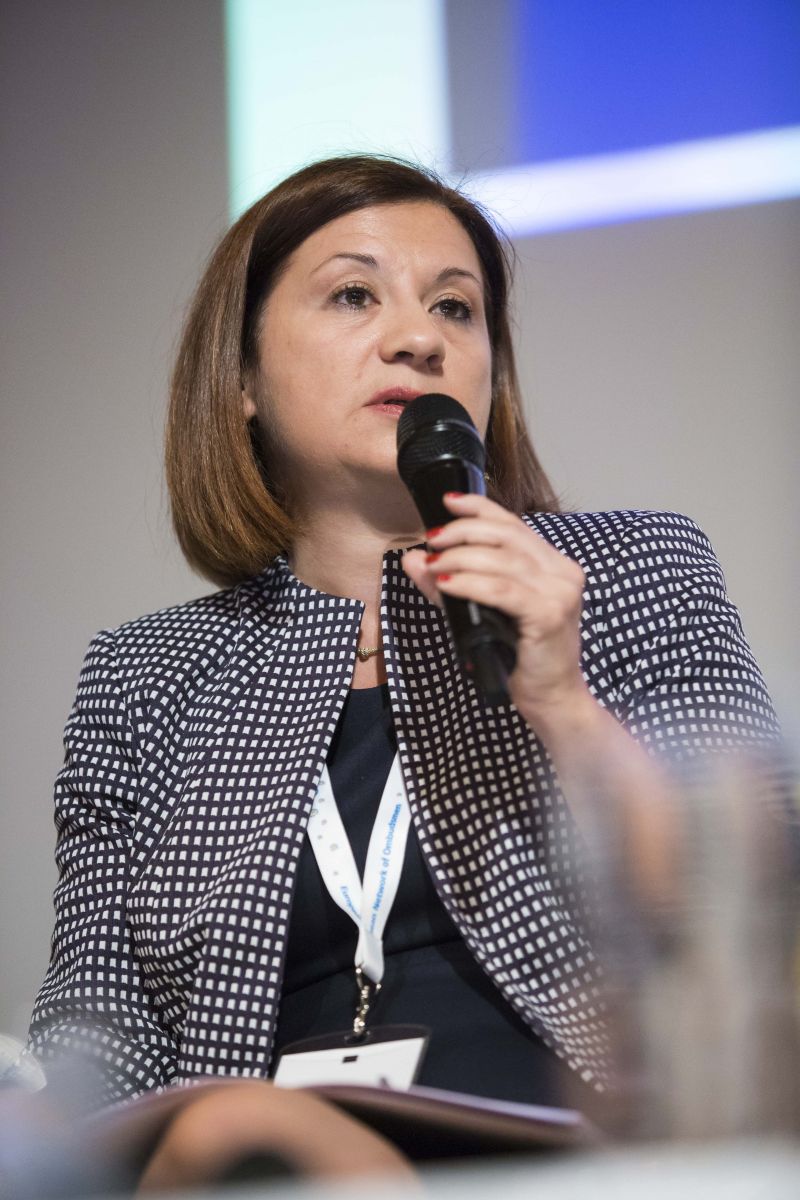
The word 'populism' was revealed as the 2017 Word of the Year by Cambridge University Press. The announcement said that “what sets populism apart from all these other words is that it represents a phenomenon that’s both truly local and truly global, as populations and their leaders across the world wrestle with issues of immigration and trade, resurgent nationalism, and economic discontent.” Populism is indeed a global phenomenon with a global impact, but do we really know what we are talking about?
“Citizens and civil society organisations do not clearly understand the term “populism” and "do not recognise it as a distinctive type of challenge” is a main conclusion of the recently published study on Societies outside Metropolises: the role of civil society organisations in facing populism, which was commissioned by the Diversity Group of the European Economic and Social Committee and carried out by the European Citizen Action Service (ECAS).
The study identifies the factors influencing citizens’ choices in favour of populism and the role of civil society organisations (CSOs) in countering it in eight non-metropolitan areas, one above and one below the EU average in terms of socio-economic development per country but all with high populist vote: Klagenfurt-Villach and Niederösterreich-Süd (Austria), Drôme and Aisne (France), Udine and Reggio di Calabria (Italy), Płocki and Nowosądecki (Poland), respectively. Extensive desk research, two statistical analyses, 616 opinions of citizens from the regions, three focus groups and 57 in-depth interviews with CSOs and experts have fed into the study’s findings.
The findings of the field research confirm the lack of encompassing and comprehensive civil society initiatives in tackling populism due to a variety of reasons: the complexity of the phenomenon, which needs further understanding, the shrinking civic space, which includes a lack of an enabling environment in which CSOs can operate, limited human resources (many of the organisations are almost entirely reliant on volunteers), reduced funding and lack of expertise.
The mapping of CSOs active in the areas of promoting EU values, civic education and engagement, civil liberties, direct democracy, support to minorities, refugees and migrants and tackling online disinformation, which was conducted in the regions based on official information collected specifically for the study, reveals a marginal number of CSOs implementing activities that can potentially tackle populism. The lowest percentage is in France (0.12% in Drôme of all registered CSOs in the region).
It is indeed not easy to understand the phenomenon, as the socioeconomic and cultural factors of populism vary across different social groups, between countries and between different regions within the same country. No factor alone causes populism, but rather there is an interplay of factors, which feed on and reinforce each other.
Zooming into the two studied non-metropolitan regions in Italy, for example, reveals two completely different pictures of the populist factors in place there and a contrast in citizens’ attitudes as if these regions are not part of the same country. The crises of representative democracy, diminished trust in traditional parties and online disinformation are strong additional factors.
What is very clear is that a “one size fits all” strategy in addressing the populist challenges in Europe will not fly. There is a dire need for going beyond the current narratives of explaining the phenomenon in order to develop a knowledge base on “populism” that allows for a tailored approach to tackling its roots and manifestations. This is the first of the ten recommendations the study of 250 pages puts forward. As mentioned, different factors are at play in the different regions, which predetermine different outcomes. Developing such an in-depth knowledge on the specificities of the phenomenon and a blueprint (strategic framework) for tackling populism is, therefore, a necessary basis for devising tailor-made strategies that are effective at a local level.
In this context, the recently kicked off three-year Horizon 2020 project DEMOS – Democratic Efficacy and the Varieties of Populism in Europe, implemented by a partnership of 15 Universities, think tanks and ECAS as a civil society organisation leading the action research – is a timely and much needed endeavor which contributes to a deeper understanding of the historical, cultural, social, and psychological features linked to the populist phenomenon across Europe. An innovative contribution of DEMOS is to shed light on the citizens’ perspectives on populism: how do people feel affected by populism and how do they react to populist narratives through counter-narratives, emotive deliberations and other coping strategies. Once understood how citizens perceive populism and what their individual reactions are, a further step is to understand if there are more organised forms of reaction among citizens. This means mapping existing civil society organisations, civic movements and programmes involved in anti-populist activities.
DEMOS’s contribution to define populism, this truly local and truly global phenomenon, will certainly not be the last. But its in-depth research will yield tools that citizens and policymakers are likely to deem politically long-lasting.


Comments (0)